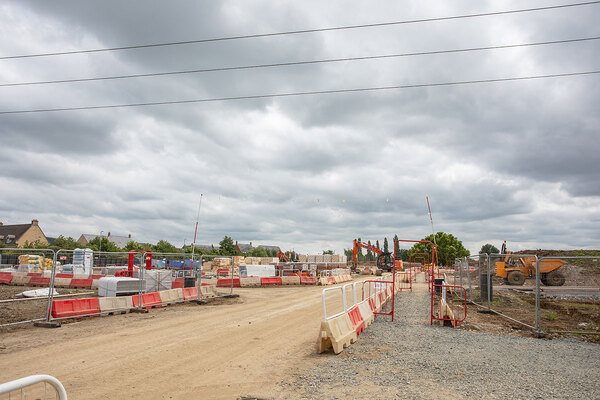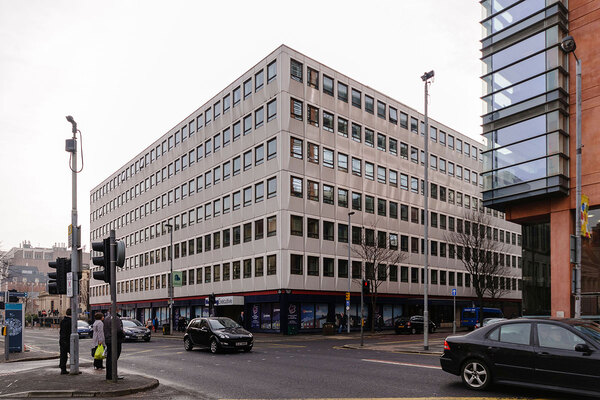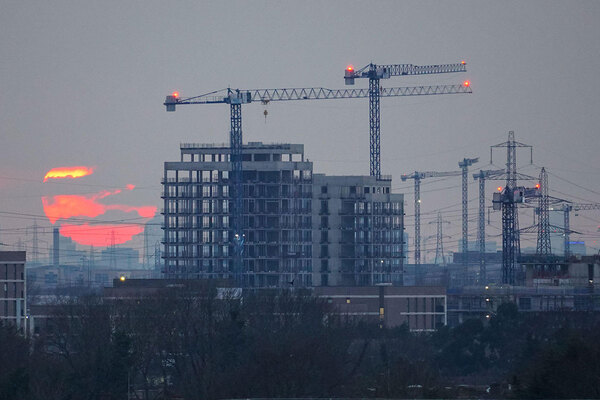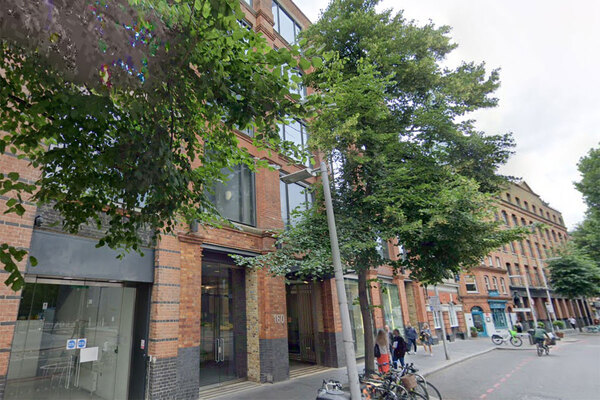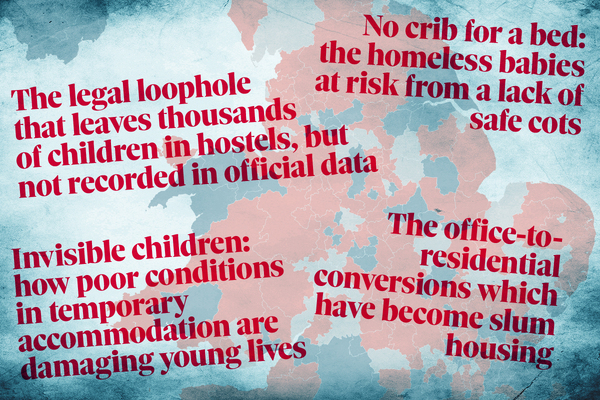Abolish Right to Buy and First Homes to get councils building, UCL report says
A new report into council housebuilding from University College London (UCL) has called for the Right to Buy and First Homes policies to be abolished.
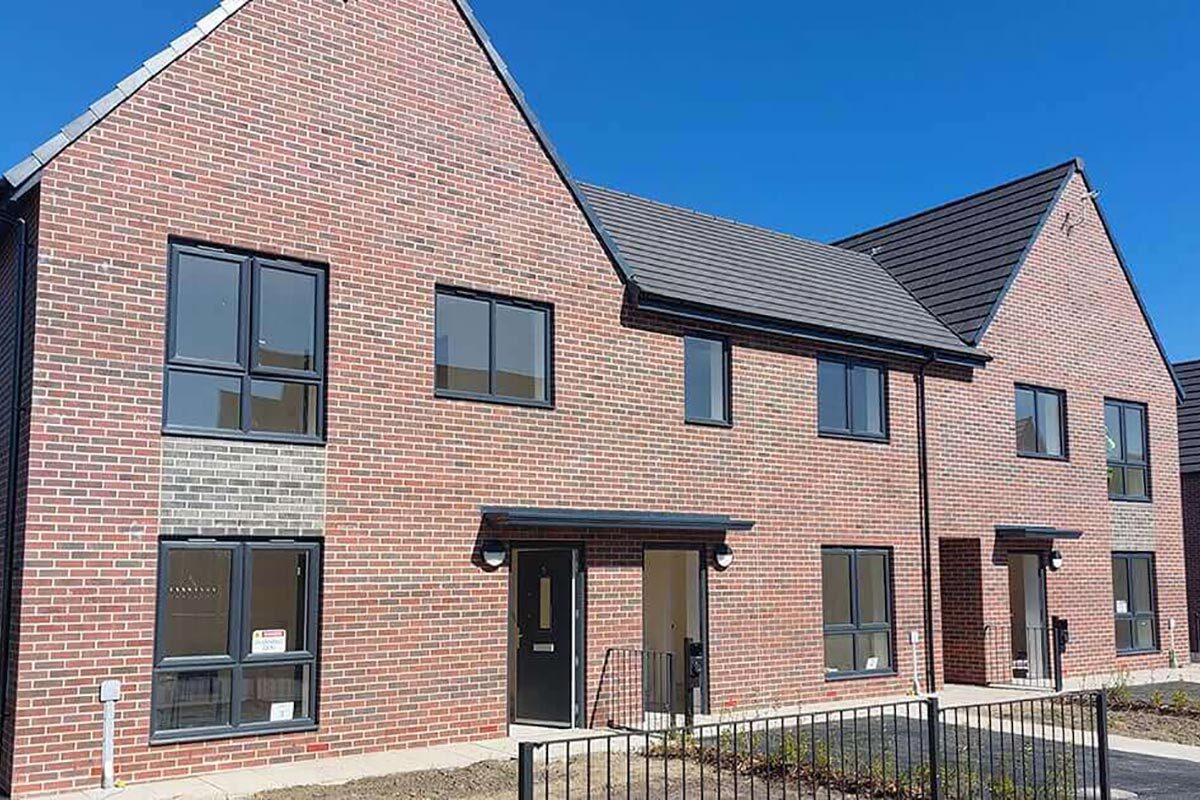
Research by UCL’s Bartlett School of Planning, shared first with Inside Housing, found that English councils have seen a “steady increase” in direct housebuilding activity since 2017.
However, the continuation of the Right to Buy (RTB) is “the main disincentive” for councils to reopen their Housing Revenue Accounts (HRAs).
The authors, professors Janice Morphet and Ben Clifford, recommended that RTB should either be abolished, as in Scotland and Wales, or at least restricted to not apply to newly built homes for at least 15 years.
Since the policy was launched in 1980, about two million council homes have been sold. An estimated 40% of them are now owned by private landlords which rent them out at much higher rates.
At the same, researchers found that of the 159 councils surveyed, “there are few in support of the First Homes programme”.
First introduced in 2021, the policy encourages developers to offer affordable housing built through Section 106 to first-time buyers with a 30% discount.
Councils are concerned the policy will not result in the provision of additional homes and add a “range of administrative burdens”, and argued that it would be better to have more tenure flexibility to meet local needs.
The report therefore concluded that First Homes “should be abolished” and “focus shifted to supporting genuinely affordable housing”.
A Homes England spokesperson said the agency cannot comment on policy.
The government’s housing agency refused to publish comparative grant data for First Homes in December as it claimed doing so could cause reputational damage, put development at risk and inflate prices.
According to UCL, 79% of councils were directly delivering housing in 2023, which is similar to 80% in 2021, but up from 69% in 2019 and 65% in 2017. Just 14% of local authorities are registered providers, however, with many more working in partnership with a housing association and/or Homes England.
Overall, there is “a growth in housing acquisition”, the report found.
A total of 54% of councils said they were buying back RTB properties, up from 40% in 2019. Four in 10 respondents said they felt the current government policy allowing them to keep 100% of RTB receipts for two years will help them directly build more housing.
Housebuilding councils included Central Bedfordshire, which has both an HRA and a new ALMO to develop and market affordable homes. As of last year, this company was exchanging contracts to close on its first site.
Leeds City Council launched a direct delivery plan in 2019. Overall, 751 new build homes are in the pipeline, 310 of which have been completed. A separate acquisitions programme is also underway.
The report noted that overall council housing stock in Leeds is “dwindling via Right to Buy sales”, which outstrip new supply. In the past year, Leeds sold 673 properties through RTB.
Despite higher costs and pressures on land availability, London boroughs supported by the London mayor’s Affordable Homes Programme are “still delivering more homes than other parts of England”.
Local authorities that are not involved in direct housebuilding cited a lack of funding, lack of land and lack of expertise as prominent issues, as well as “some concern” about risk appetite and being hampered by not having retained housing stock or an existing HRA.
Over half of all councils (53%) reported that increased costs of retrofitting existing housing, due to fire safety or damp and mould, were impacting their plans to deliver new housing. However, just 7% of councils said the recent wave of local authority Section 114 notices had affected their plans.
Four in 10 authorities have been delivering some new housing to Passivhaus or similarly tough energy-efficiency standards, a notable increase on the 27% in 2021.
Some councils are still focusing on using land within existing housing estates, the report said, but elsewhere “car parks, depots, council offices, former schools and other buildings” are being used to provide homes.
The absolute number of joint ventures between councils, housing associations and developers has reduced since 2021, although for some the level of activity has increased.
Councils were also asked if they were optimistic or pessimistic about the future prospects of increasing affordable housing supply in their area. Half were pessimistic, compared with 23% in 2021.
Common complaints included that grant levels for affordable housing are insufficient, that it is impossible to cross-subsidise from market housing development to deliver sufficient affordable homes, and that revenue budget pressures on councils continue to grow.
A spokesperson for the Department for Levelling Up, Housing and Communities said: “Since 2010, we have delivered over 696,100 new affordable homes, and our £11.5bn Affordable Homes Programme will deliver thousands more affordable homes to rent and buy across the country.
“Local authorities have a crucial role to play in increasing the supply of social housing. We are supporting them to continue delivering new and existing supply plans for council housing, which is why we introduced a package of flexibilities for how local authorities can spend their Right to Buy receipts and implemented a preferential borrowing rate for council housebuilding from the Public Works Loan Board, which has now been extended to June 2025.”
According to Inside Housing’s biggest council house builders survey, 300 local authorities across Britain completed 12,103 homes in 2022-23.
Sign up for our Council Focus newsletter
Already have an account? Click here to manage your newsletters




